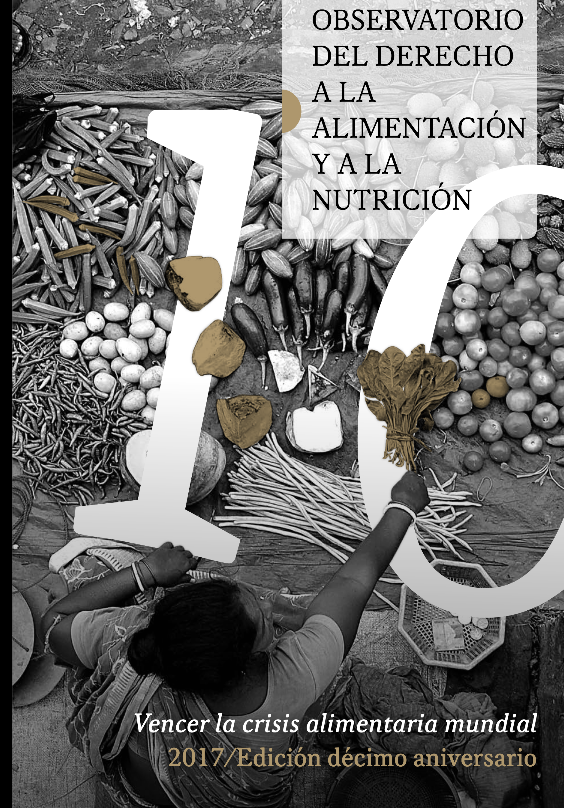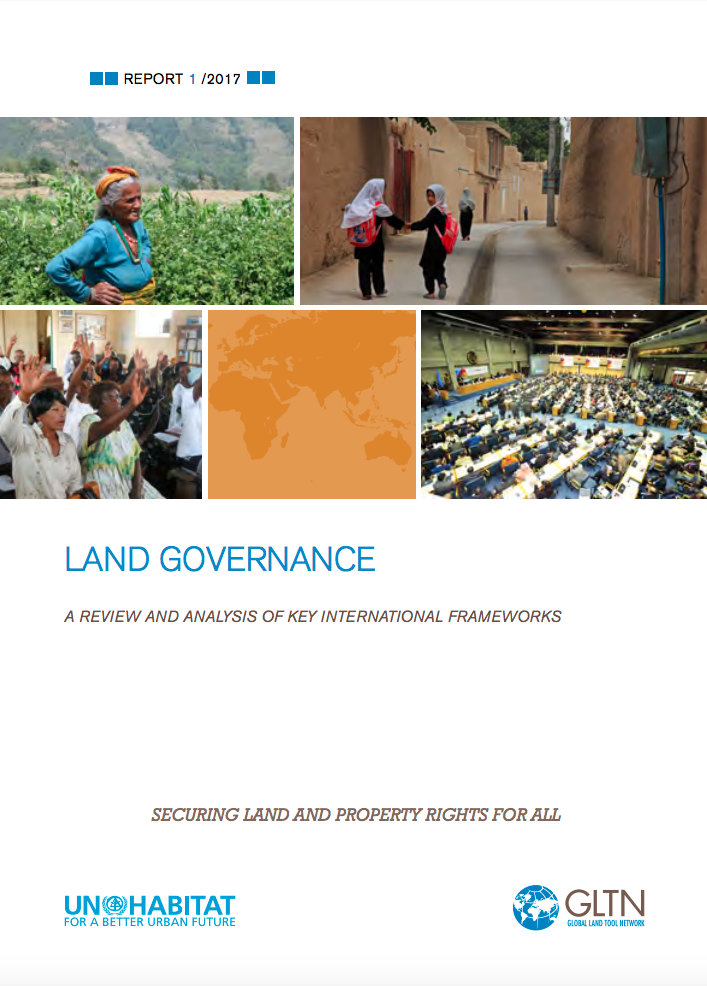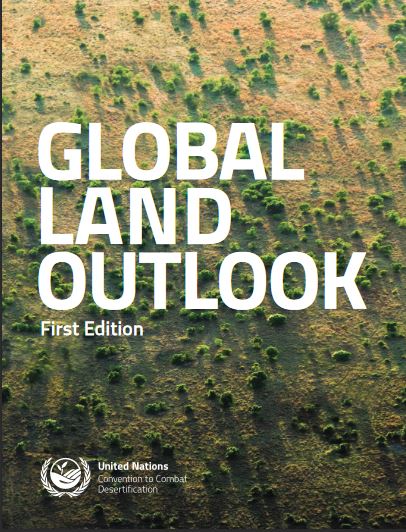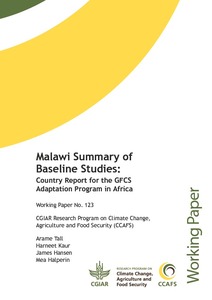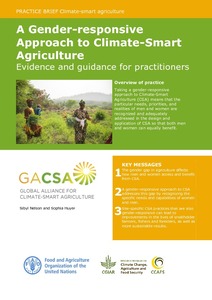Linking land governance and food security in Africa
Equitable access to land is vital for inclusive economic growth, sustainable development and food security. Although much is known about the topics of land governance and food security, it is not always clear how the two relate to each other, especially in specific country contexts. This reflection paper, based on literature, LANDac country factsheets and three learning trajectories initiated by LANDac in Uganda, Ghana and Ethiopia, brings together findings and outcomes to provide policy recommendations for improved land governance and food security in Africa.


